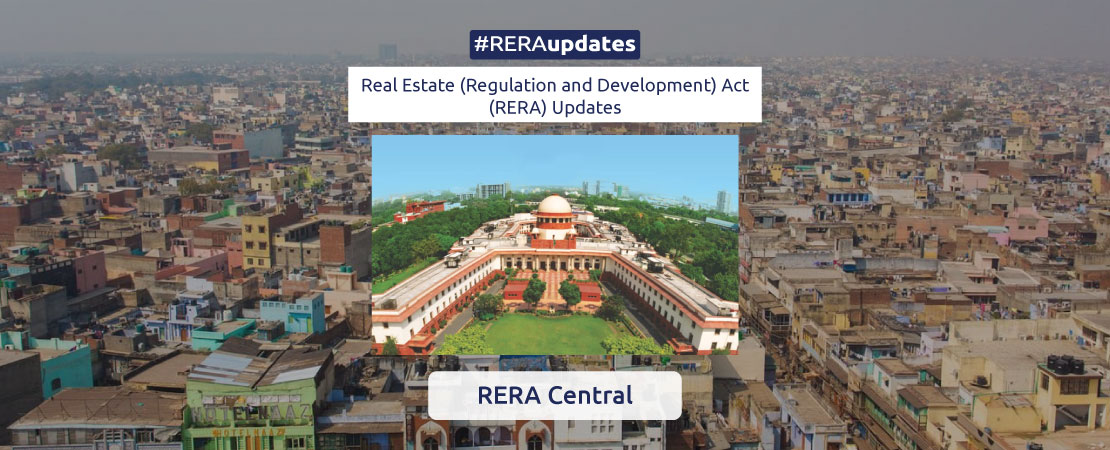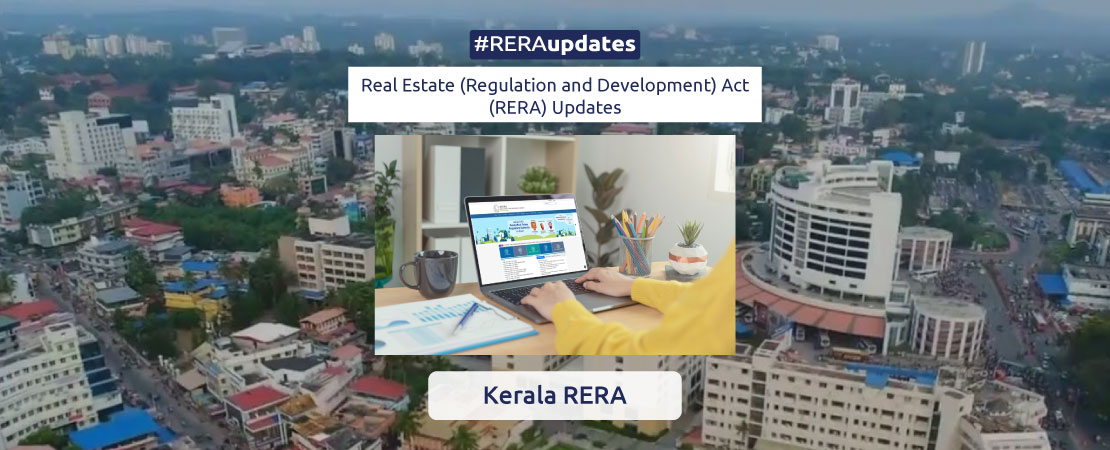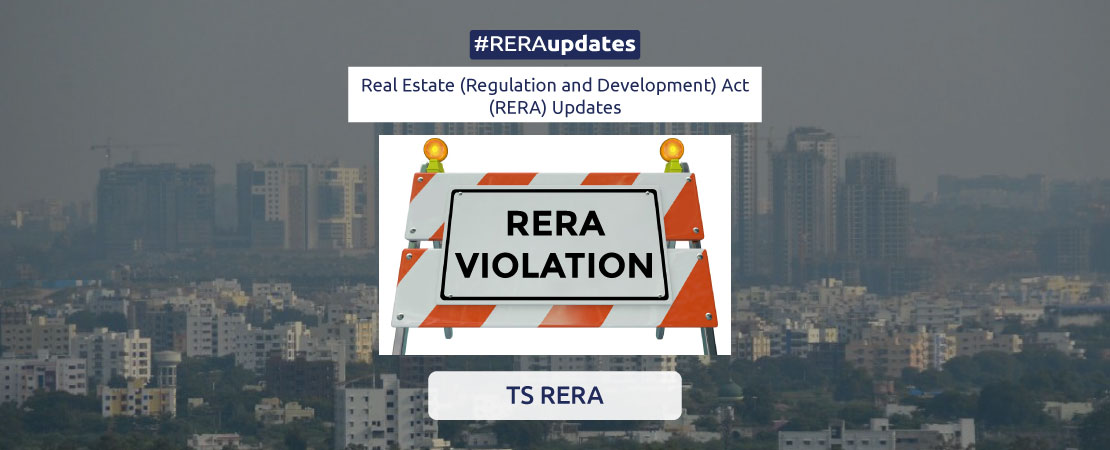The Conciliation Forum formed under the Real Estate (Regulation and Development) Act, 2016 (RERA) and Maharashtra Real Estate Regulatory Authority (MahaRERA) to facilitate disputes between homebuyers and developers amicably to save cost and time of litigation has been proving beneficial as around 351 cases have been settled in Pune so far.
As a part of the regulatory body, the Conciliation Forum was formed in March 2018 to enable the disputed parties to connect and also appear before the expert conciliators to resolve their problems, clear doubts and mitigate misunderstandings.
The forum consists of representatives from CREDAI-Pune Metro, Mumbai Grahak Panchayat, a leading consumer body and other promoters’ associations.
Since its inception in 2018, the forum claimed that it has studied many matters of disputes and successfully resolved cases of aggrieved allottees or the promoters, who have opted for the conciliation mechanism, set up under MahaRERA.
The senior conciliators of the forum from CREDAI-Pune Metro include Hemant Naiknavare, former president, Amar Manjrekar, vice-president, Aditya Javdekar, vice-president, Arvind Jain, secretary, I P Inamdar, treasurer, Kishore Pate, former vice-president and Hemendra Shah, former managing committee member.
As per the forum’s process, any aggrieved party, customer or developer, can make a complaint online from the MahaRERA website after which a conciliation request is sent automatically to the other party involved. Once the other party accepts the request within seven days, the aggrieved party has to pay a requisite fee to MahaRERA, after which the case is referred to the appropriate conciliation bench, where the disputed parties seek to reach an amicable settlement with the assistance of the conciliator, who acts as a neutral third party, a member said.
“Conciliation Forum is a platform where the disputed parties get an opportunity to connect and also before the expert conciliators resolve disputes amicably. The parties get a chance to express their sides freely in front of the conciliation bench with a face to face interaction. A conciliator bench proposes the best possible process to deal with the dispute by making recommendations in the form of advice and suggestion and once the dispute is resolved, the conciliator issues a ‘settlement agreement’ which records the outcome of the dispute,” said CREDAI-Pune Metro President, Anil Pharande.
In certain cases which may include stalled, litigated or mortgaged projects, where the interest of a large number of allottees is affected, the forum, by putting extra time and efforts, has invited all the concerning parties such as financial institutes, land owners or any third party to attend the proceedings to resolve the issue amicably, he said.
In 2020, the forum took up the most complicated case of a stalled project in Pune wherein a huge relief was provided to 520 allottees after the settlement.
Similarly, the forum has taken up cases, including disagreements due to delay in possession or a claim where one flat was sold to multiple buyers, resulting in court litigation. The conciliators have handled the cases of defence and police department personnel as well, Pharande said.
Source: https://indianexpress.com/article/cities/pune/mahareras-conciliation-forum-settles-351-disputes-between-homebuyers-developers-7717446/










